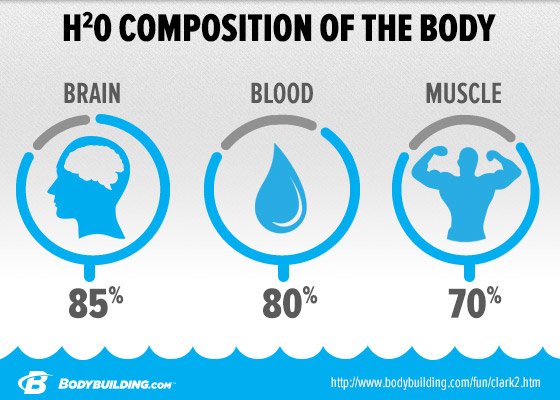People aren't the only animals that can carry a tune
Everyone knows that birds and insects sing with abandon, and humans undoubtedly enjoy singing. But what about other animals?Biologists define song as “a sound made by an animal during its breeding season to attract a mate and/or defend a territory,” but when you listen to whale song, it’s hard to imagine that it’s all about reproduction and defense. Do some animals have a real joy of singing just as humans do? Here’s a look at some animals on Earth who vocalize in what sounds suspiciously like song. (Text: Katherine Butler)
Toadfish can be tenors
The male toadfish’s song, which is described as a hum, is employed to lure females to his nest. Andrew Bass, an animal researcher at Cornell University, told Msnbc.com, "It's not as complex as what you hear mammals and birds doing; it's the simplest type of communication ... but the parts of the nervous system that generate sounds are easiest to study in these fish.”
Mice sing at supersonic levels
Did you know that mice are as smooth as Barry White in seductive singing? Male mice sing"ultrasonic" love songs while flirting with female mice, but some male mice are better at wooing by song than others, which leads to “rock stars” in the mouse world. Mice songs are too high for humans to hear, but sometimes mice can bring their songs down for human ears. Time reportson a singing mouse that chirped and trilled in the early 20th century at the Chicago Industrial Home for Children at Woodstock.
Humpback whales sing in syntax
These majestic animals are known to sing primarily to attract mates, but recent research suggests that they also sing to communicate locations. A study reports that whales also employ grammar in their songs. Humpback whales are endangered largely because of being hunted by man. As the government estimates, there were 15,000 whales before commercialized whaling, but today there are just 1,000 to 1,200. You can listen to the songs of the humpback whale here.
Mexican free-tailed bats sing for love
Bats are known for their supersonic sounds, but did you know they use them to sing romantic songs? Researchers from Texas A&M University listened to hundreds of hours of bat song and determined that Mexican free-tailed bats sing specific songs for females. The bats also use their warbling to ward off other males.
Antelope squirrels trill their songs
The antelope squirrel is a common animal found in the southwestern U.S., and it's an omnivore that likes to live among desert scrubs and flowers. An avid burrower, this squirrel makes its home in the dirt to escape predators and heat. While it's known to carry its food in its cheeks, this doesn't stop it from trilling its communications in song. Harris’ antelope squirrel tends to trill in the springtime.
Killer whales sing for their peers
Humpbacks aren't the only sea mammals that sing. Killer whales, also known as orcas, are the largest members of the dolphin family, and they employ one of the most sophisticated ultrasonic sound systems as a way of communication. As one resource notes, “Not only do they have regional dialects, which produce slight variations in sound depending on their geographical distribution, but each animal has two distinct call signs.” Their advanced ability to communicate is likely because they're extremely social animals, often travelling in pods of 30 to 150 orcas.
Pacific chorus frogs sing for soundtracks
Frogs are well known for their vocal capabilities. The Pacific chorus frog, also called the Pacific tree frog, lives along the western American continent from Canada through Mexico. Like other frogs, these animals sing to attract mates, but they also sing about the weather and to mark their territory. Their croaking sounds and songs are often featured in movies
Beluga whales are the 'canaries of the sea'
Beluga whales are extremely vocal and they’re often called “sea canaries” because of the birdlike sounds they make. Jean-Michael Cousteau once said, “It is worth protecting the beluga just for its own sake, for the beauty of its songs.”






